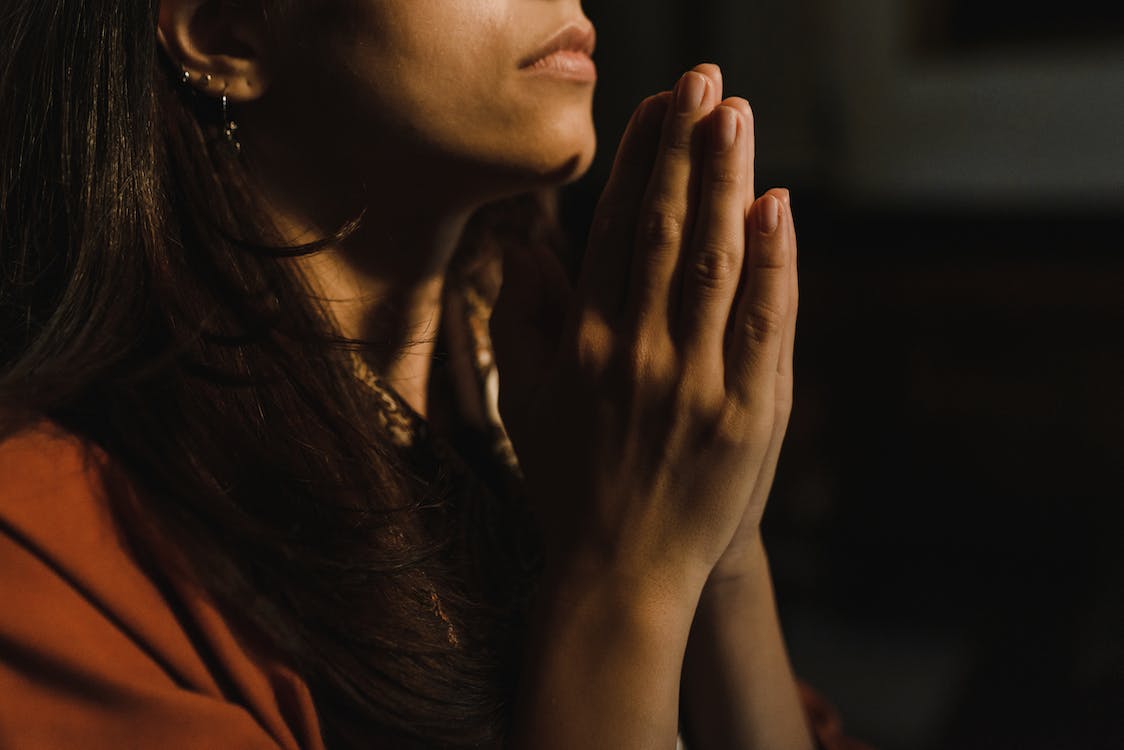Religion can help us discover meaning and purpose in life, giving us hope and direction during difficult times. However, choosing a religion should be taken seriously – it requires extensive consideration and research to make an informed decision. Here we discuss factors to consider when selecting an appropriate faith path.
Choosing Religion: Personal Beliefs And Values
Your personal beliefs and values are integral to selecting a religion that best meets your needs. Honesty, loyalty, compassion, and respect may be important qualities to you; in that case, exploring religions that emphasize these virtues would be wise.
Understanding your ethical code will allow you to easily determine which religious practices align with your beliefs and whether the community aspect of any particular faith appeals to you. Many people find that belonging to a religious congregation helps them feel more connected and provides social support. If this resonates with you, research various denominations within existing religions to find one that suits your lifestyle best.
Teachings
It is also important to consider the teachings of any religion before making your choice. Doing research into various denominations will give you insight into their beliefs and how they differ from other faiths; whether there are doctrines that promote peace or conflict, exclusivist or universalist tendencies, or religious rituals associated with each tradition can all help shape an accurate picture of how well a chosen faith aligns with personal values and beliefs. Saint Paul School of Theology offers online ministry courses if this area interests you.
Practices And Rituals
Once you’ve identified possible religions that fit with your beliefs and values, take some time to learn more about their practices and rituals. Many religions have specific ceremonies or prayers to mark important life events or honor certain holidays.
Determine which ones resonate with you and any dietary restrictions associated with the religion. For instance, Jewish people avoid eating pork, while Hinduism requires followers to abstain from meat altogether. Understanding the customs of each religion can also help you decide if it is right for you; some customs may be too strict for your lifestyle, while others may seem too lax. Keeping an open mind is key when considering different religious practices.
Cultural Context
It’s essential to remember the cultural context when selecting a religion since certain expectations within certain cultures could affect your choice – from language barriers or gender roles/marriage issues to individuals interpreting religious teachings differently depending on their personal experiences and backgrounds. There are numerous resources such as books, websites, and podcasts where you can gain more information on various religions to make an informed decision.
Choosing Religion: Acceptance
Religion often finds you before you choose it yourself. Many experience spiritual awakening or sense a strong affinity towards certain religious teachings; others might find themselves drawn toward certain practices without fully comprehending why.
Whatever the case, religion should be chosen out of one’s own accord rather than due to external pressures or expectations; take time researching various faiths before making your final choice and ensuring it fits with both mind and heart.
At its core, selecting a religion requires exploring what resonates with you personally and spiritually. Research the faith you’re considering carefully so it aligns with your values while considering any cultural ramifications associated with its practice. Remember, this decision is yours to make and should be approached with both head and heart in mind.




















